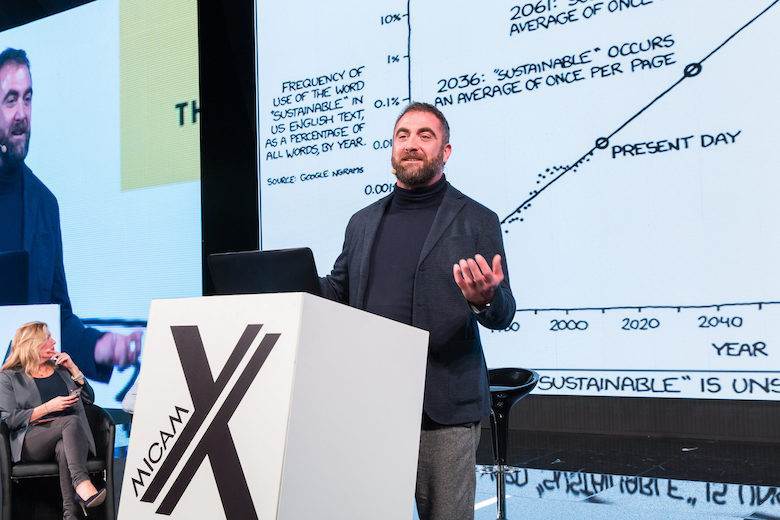Carbon requirements are just the start, Federico Brugnoli warns

The founder of Spin360, Federico Brugnoli, has said the specialist consultancy has now carried out more than 620 lifecycle analysis (LCA) studies, which he insisted was the largest number of leather LCAs, globally.
Speaking at the recent Sustainable Leather Forum in Paris, he said Spin360 had worked with almost 150 leather manufacturers, as well as with finished product brands and chemicals suppliers, to complete these LCAs.
But he said there is a great deal of work still to do in this area and that the need for what he called “a proper calculation” of leather’s environmental impact is still pressing.
“When we speak about footprint, it is only natural to think about carbon,” he explained. “But it’s not only about carbon.” He explained that the planetary boundaries, the processes that define a safe operating space for humanity, encompass nine different areas.
Climate change is one of the nine, the one in which carbon concentration is an important part of the focus. The list also includes biosphere integrity, freshwater change, land-system change, biogeochemical flows, ocean acidification, atmospheric aerosol loading, stratospheric ozone depletion and “novel entities”. This last planetary boundary is a reference to the introduction and accumulation of novel chemical compounds created by humans, including microplastics, pesticides and nuclear waste.
“Yes, climate change is a problem on a global scale,” Federico Brugnoli told the audience in Paris, “but it is not the only one, for sure.” He said there is a need to evaluate leather’s impact on all of these issues because all of them, in time, are going to be the subject of new environmental requirements.
“At the moment, we are having all these discussions about the European Deforestation Regulation, for example, because that legislation is already there,” he explained. “Today, there is no specific requirement around biodiversity loss, for example, but there will be.”
He pointed out that more than 300 of the major corporations that feature in the Fortune Global 500 list of companies have already made formal climate commitments, which means change is coming for the suppliers of each of these major players.
“This is why we need to have proper measurements,” Mr Brugnoli concluded. “It is only through measurement that the targets can be calculated and monitored.”







